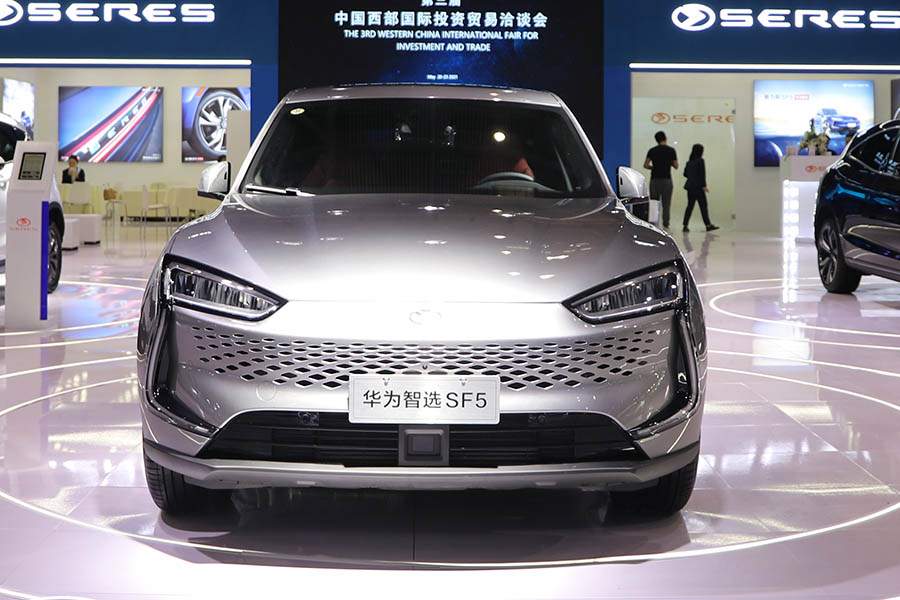
In the fast-paced world of electric vehicles (EVs), Chinese tech giant Huawei and automotive company Seres Group have made headlines with the successful launch of their collaborative AITO M7 SUV. Despite strong market responses, the partnership faces challenges, especially in the wake of Tesla's aggressive moves in the EV market. The AITO M7, developed jointly by Huawei Technologies and Seres Group, garnered an impressive 80,000 orders within the first 50 days after its launch in China on September 12. The vehicle, featuring Huawei's in-car operating system Harmony OS, offers three variants with prices ranging from 249,800 yuan (US$34,434) to 309,800 yuan. Huawei has even committed an additional investment of 1 billion yuan (US$136.5 million) to ensure timely deliveries of the M7.
However, behind the scenes, Seres is facing a challenging situation under the profit-sharing arrangement with Huawei. Despite the strong market response, the net profit for an EV priced at around 300,000 yuan is approximately 35,000 yuan. Under the current model, Seres stands to make only about 3,000 yuan, with the bulk of the profit going to Huawei, which contributes software and high-end electronic parts.
Seres has been striving to gain popularity through its partnership with Huawei, even at the cost of enduring financial losses. While the company experienced a surge in EV sales, reaching 135,100 units in 2022 (a 226% increase from 2021), these sales did not translate into improved financial performance. In fact, Seres reported a net loss of 3.82 billion yuan despite the strong market response.
The price war initiated by Tesla further complicates the landscape. In response to slowing sales growth, Tesla reduced its prices in China, prompting other market players, including AITO, to follow suit. AITO slashed prices of its M5 model by 30,000 yuan this year, almost eliminating its profit margins.
While smaller players are focusing on price reduction, larger players like BYD are investing in cost reduction and new technology. However, analysts caution against excessive emphasis on cost reduction, emphasizing the importance of continuous investment in software and hardware capabilities. As the EV market evolves, establishing intelligent ecosystems related to automobiles and fostering new brand cultures are essential for long-term success.
In the global context, EV sales have surged, with a 49% growth in the first half of the year, constituting 16% of the global light vehicle market. China remains the largest EV market, representing 55% of global EV sales in the first half of the year, with 3.4 million units sold, a 43% increase from the previous year.
As Huawei, Seres, and other players navigate the complex terrain of the EV market, their strategies and innovations will shape the future of electric mobility, making this industry a battleground for technological advancement and market dominance.